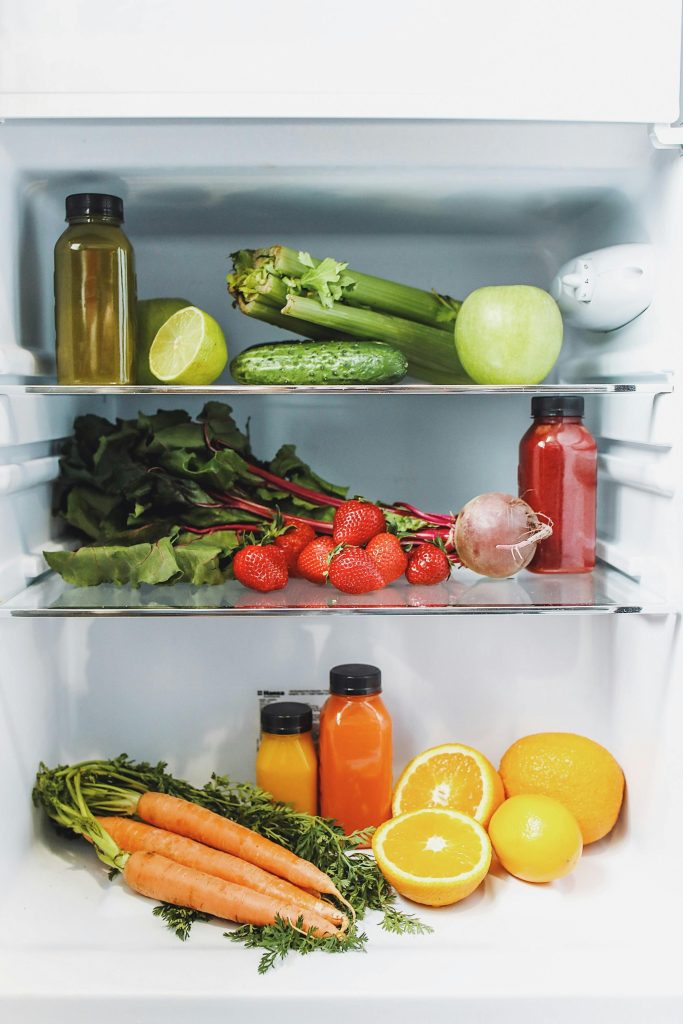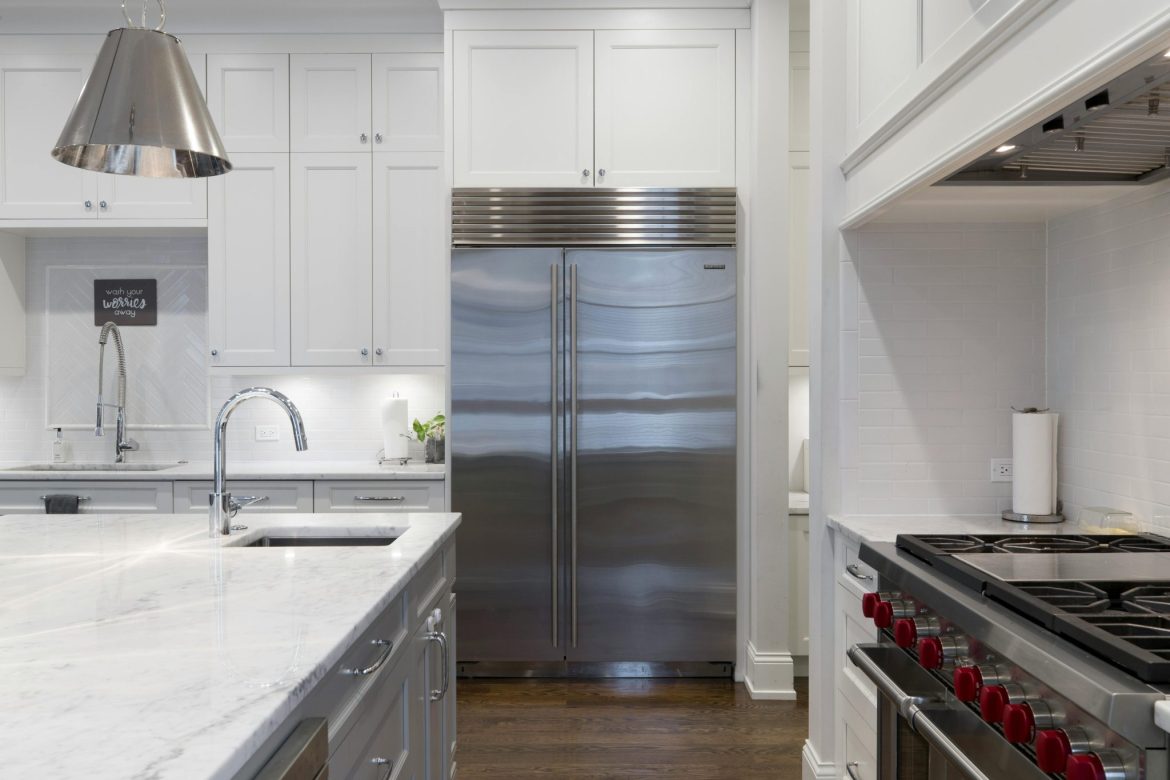Table of Contents
Refrigerators have come a long way since their inception in the early 20th century. What began as a simple means to keep food fresh has evolved into a sophisticated appliance brimming with innovative technologies. Today’s refrigerators not only keep food cold but also offer a plethora of advanced features that enhance convenience, efficiency, and connectivity. This article explores the latest technological advancements in refrigerators and their impact on modern living.

Smart Refrigerators: The Heart of the Modern Kitchen
Smart refrigerators represent the pinnacle of modern kitchen appliances. Equipped with internet connectivity, touchscreens, and integrated sensors, these refrigerators offer a host of functionalities that go beyond mere refrigeration.
Connectivity and Integration
Smart refrigerators can connect to home Wi-Fi networks, allowing users to control and monitor their fridge remotely through smartphone apps. This connectivity enables a range of features, such as checking the contents of the refrigerator while grocery shopping, receiving notifications when the door is left open, and adjusting temperature settings remotely. Some models even integrate with virtual assistants like Amazon Alexa or Google Assistant, allowing users to interact with their refrigerator using voice commands.
Inventory Management
One of the standout features of smart refrigerators is their ability to manage inventory. Equipped with internal cameras and sensors, these refrigerators can track the items stored inside, monitor expiration dates, and even suggest recipes based on available ingredients. This technology not only reduces food waste but also makes meal planning more efficient and convenient.

Advanced Cooling Technologies
Modern refrigerators are equipped with advanced cooling technologies that ensure optimal temperature and humidity levels, preserving food for longer periods.
Dual Cooling Systems
Traditional refrigerators often have a single cooling system that circulates air between the freezer and the refrigerator compartments. However, new models feature dual cooling systems that operate independently. This setup prevents odor transfer between compartments and maintains ideal humidity levels, keeping produce fresher for longer.
Precision Temperature Control
Precision temperature control is another significant advancement. Some refrigerators now offer customizable temperature zones, allowing users to set different temperatures for specific sections of the fridge. This feature is particularly useful for storing delicate items like fruits, vegetables, and dairy products at their optimal temperatures.

Energy Efficiency and Sustainability
As environmental concerns continue to grow, energy efficiency has become a key focus in refrigerator design. Modern refrigerators incorporate several technologies aimed at reducing energy consumption and minimizing their environmental impact.
Inverter Compressors
Inverter compressors are a significant leap forward in energy-efficient refrigeration. Unlike traditional compressors that operate at a constant speed, inverter compressors adjust their speed based on cooling demand. This results in lower energy consumption, quieter operation, and longer-lasting performance.
Eco-Friendly Refrigerants
Many new refrigerators use eco-friendly refrigerants that have a lower global warming potential (GWP) compared to traditional refrigerants like chlorofluorocarbons (CFCs) and hydrofluorocarbons (HFCs). These environmentally friendly refrigerants help reduce the carbon footprint of refrigerators and contribute to global efforts to combat climate change.
Convenience and User-Friendly Features
Beyond connectivity and energy efficiency, modern refrigerators offer a range of user-friendly features designed to enhance convenience and improve the overall user experience.
Touchscreen Interfaces
Touchscreen interfaces are becoming increasingly common in high-end refrigerators. These interfaces provide easy access to settings, calendars, weather updates, and even entertainment options like music and videos. Some models also offer grocery management apps, allowing users to create shopping lists and place online orders directly from their refrigerator.
Water and Ice Dispensers
Advanced water and ice dispensers are a staple in modern refrigerators. In addition to providing chilled water and ice, some models offer features like crushed ice, sparkling water, and even hot water for tea or coffee. These dispensers often come with filtration systems that ensure the water and ice are clean and safe to consume.
Health and Hygiene
Health and hygiene have become top priorities in refrigerator design. Manufacturers are incorporating technologies that ensure food safety and improve overall cleanliness.
UV Sanitization
Some refrigerators are now equipped with UV-C light technology that sanitizes the interior, killing bacteria and viruses. This feature helps maintain a hygienic environment for food storage, reducing the risk of contamination.
Antibacterial Coatings
Antibacterial coatings on interior surfaces help inhibit the growth of bacteria and mold. These coatings keep the refrigerator cleaner for longer and contribute to a healthier kitchen environment.
Conclusion
The latest technologies in refrigerators have transformed these essential kitchen appliances into smart, efficient, and user-friendly devices. With features like smart connectivity, advanced cooling systems, energy efficiency, and enhanced hygiene, modern refrigerators cater to the evolving needs of consumers. As technology continues to advance, we can expect even more innovative solutions that will further revolutionize the way we store and manage our food, making our lives more convenient, sustainable, and healthier.


